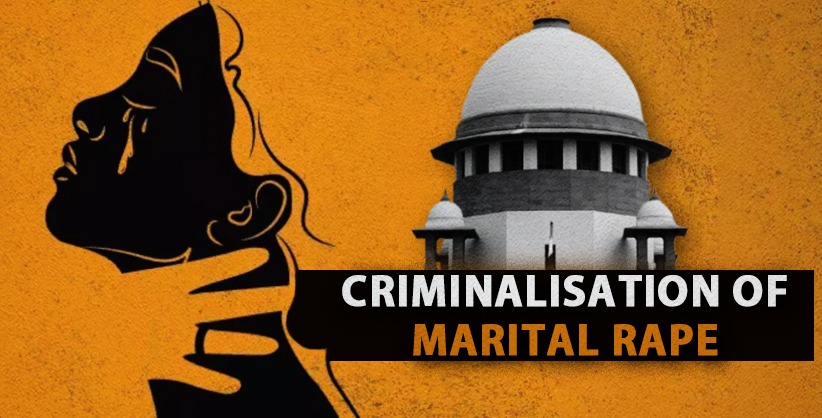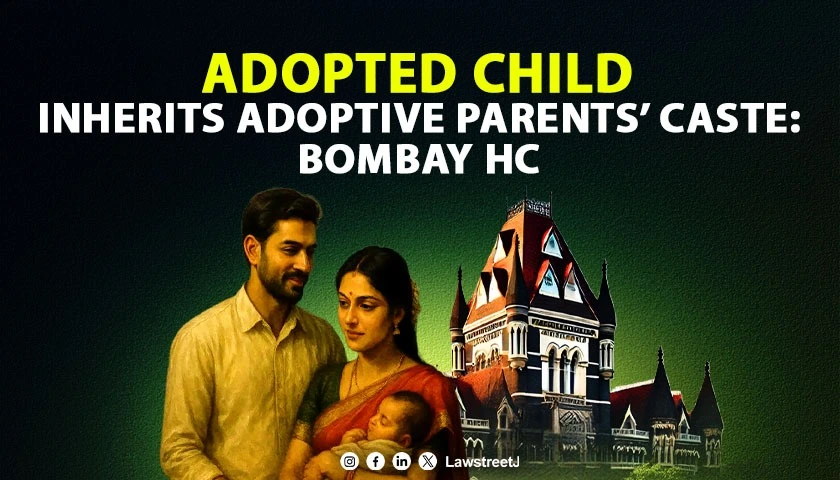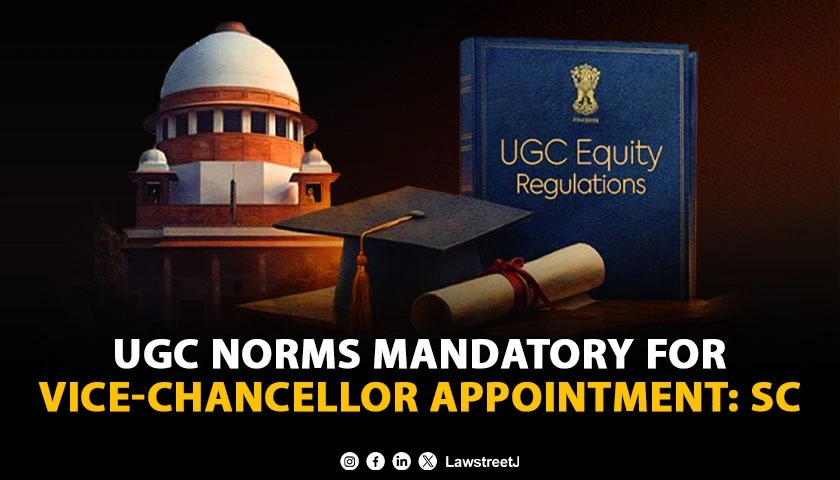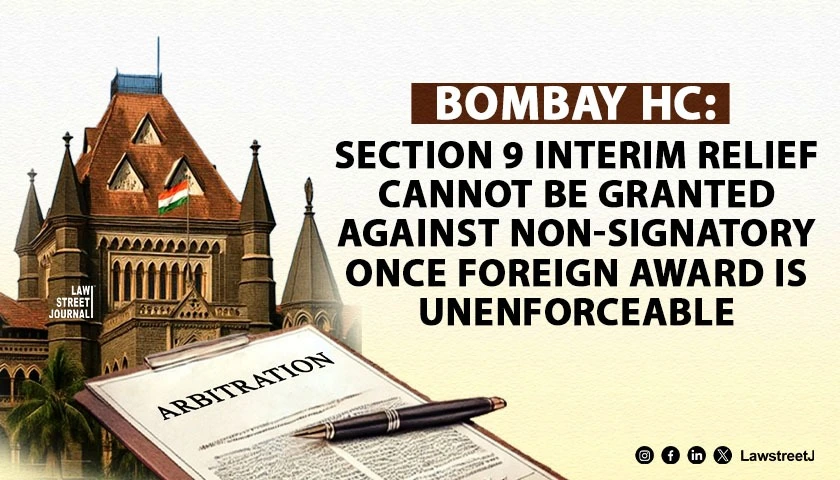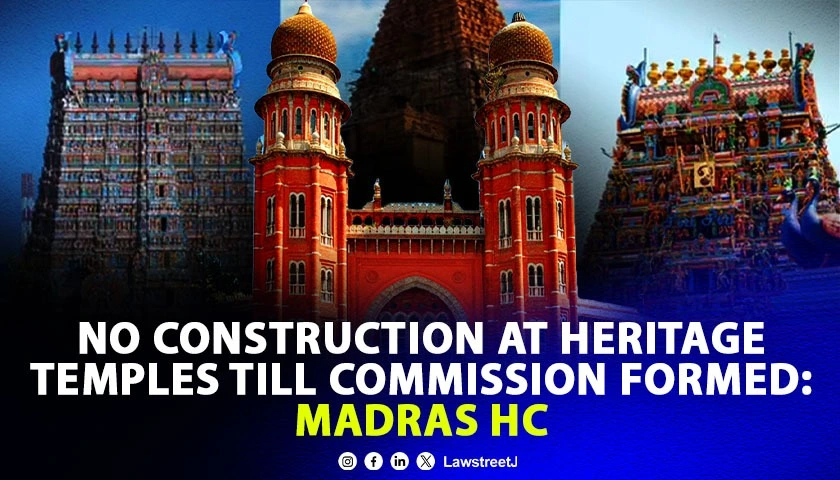NEW DELHI: The Supreme Court on Monday asked the Union government to file its response by February 15, to a batch of petitions seeking criminalisation of marital rape.
"If you want, you can file your response on or before February 15," a three-judge bench led by Chief Justice D Y Chandrachud told Solicitor General Tushar Mehta, who said the Centre has sought views of States as apart from legal, the issue would have social repurcussions.
Mehta also suggested the court may let the three judge of the Delhi High Court to take a final view of the matter in view of split verdict.
The top court, however, decided to take up the matter itself instead of letting different high courts take a call, saying two High Courts, including of Karnataka had already passed their judgement.
The bench, also comprising Justices P S Narasimha and J B Pardiwala, decided to fix the matter for hearing in March.
The bench also directed all parties to file their written submissions by March 3.
The court also allowed advocate Vivek Narayan Sharma to present his views on behalf of men's rights body.
Senior advocate Indira Jaising, appearing for a victim wife from Karnataka, asked the court to ensure her name was redacted from records.
Senior Advocate Gopal Shankarnarayan cited a similar matter pending in the top court since 2018.
In November, 2022, the Karnataka government has supported before the Supreme Court the March 23, 2022 judgement of the High Court which had declined to quash the charges of rape framed under Section 376 of the Indian Penal Code (IPC) against a man accused of raping his wife, despite the exception to the husband.
The Karnataka High Court had in its judgement had held that a brutal act of sexual assault against a woman, albeit by her husband, cannot but be termed as rape.
It had also said the Exception granted to husband under Section 375 of the IPC cannot be absolute.
Earlier, the Delhi High Court had on May 11 given a split verdict with regard to exception for husbands for sexual assault under the penal law and the matter is pending before the top court.
The Union government, which had maintained the matter is essentially a legislative function, said it has written to States and Union Territories and is yet to receive their responses.
In 2017, the Supreme Court had read down an exception to Section 375 only to the extent of criminalising rape with a minor wife but clarified at the same time that it has not expressed any view on the issue of marital rape.
However, the Justice J S Verma committee, formed after 2012 Delhi gang rape case, had in 2013 recommended the criminalisation of marital rape, since the state of being married does not generate automatic consent to sexual acts.
AIDWA, represented by advocate Karuna Nundy said that the exception allowed to marital rape is destructive and in opposition to the object of rape laws, which clearly ban sexual activity sans consent. It placed the privacy of a marriage at a pedestal above the rights of the woman in the marriage, the plea said.
Their petition said that Marital Rape Exception is in violation of Articles 14, 19(1)(a) and 21 of the Constitution.

